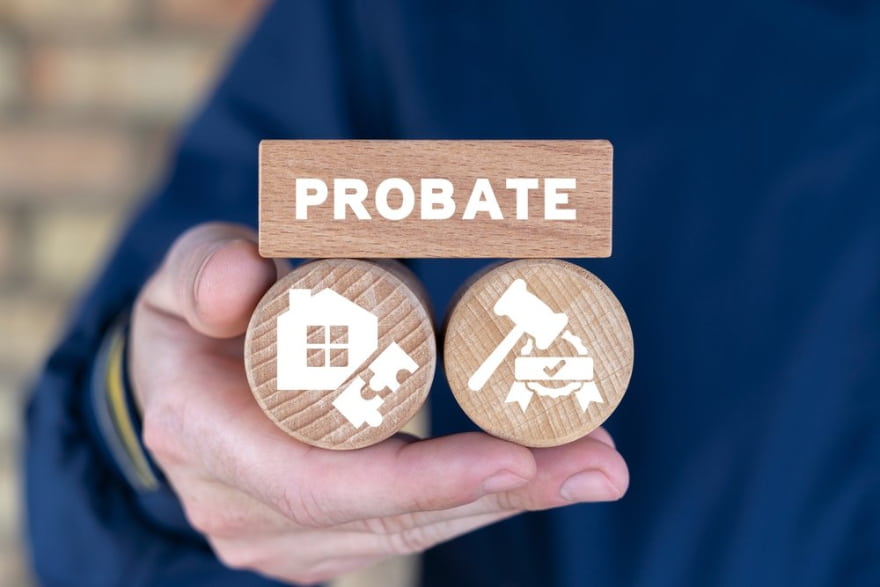Understanding the Probate Process in Texas
The probate process in Texas is a legal procedure that validates a deceased person's will and ensures their estate is administered according to their wishes. This process is vital for resolving any debts and distributing assets to heirs, providing a clear legal framework for handling the deceased's affairs.
In Texas, probate can take several forms, including independent administration, dependent administration, and muniment of title. Each method has its own procedures and requirements, affecting how quickly and efficiently an estate can be settled. Understanding these options can help individuals choose the best path for their specific situation.
Common Misconceptions About Probate in Texas
Many people hold misconceptions about the probate process, often fearing it will be lengthy and costly. However, understanding the realities of probate can alleviate much of this anxiety. For instance, not all estates require formal probate, especially if they are small or if assets are held in a trust.
Additionally, misconceptions about the role of probate courts can lead to confusion. In Texas, probate courts primarily handle the validation of wills and the appointment of executors, but they also play a crucial role in resolving disputes among heirs and overseeing the proper distribution of assets. Clarifying these points can help demystify the probate process for individuals navigating it for the first time.
Key Documents Required for Texas Probate
To initiate the probate process in Texas, certain key documents are required. The most important is the deceased's will, which outlines their wishes regarding asset distribution. Other essential documents include a death certificate, an application for probate, and a list of the deceased's assets and debts.
Gathering these documents can streamline the probate process and ensure compliance with Texas law. Having a comprehensive inventory of assets not only aids in the administration of the estate but also helps in addressing any potential disputes among heirs, making it an essential step in the probate journey.
Timeline for the Probate Process in Texas
The timeline for completing probate in Texas can vary significantly based on several factors, including the complexity of the estate and whether any disputes arise among heirs. Generally, the process can take anywhere from a few months to over a year to finalize, especially if the estate is large or involves multiple properties.
Understanding the typical timeline can help families manage their expectations and plan accordingly. For instance, estates that qualify for independent administration may be settled more quickly than those requiring court supervision, emphasizing the importance of choosing the right probate method based on individual circumstances.







